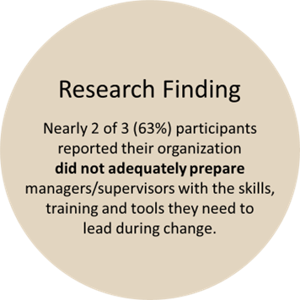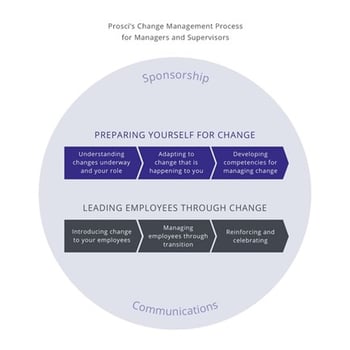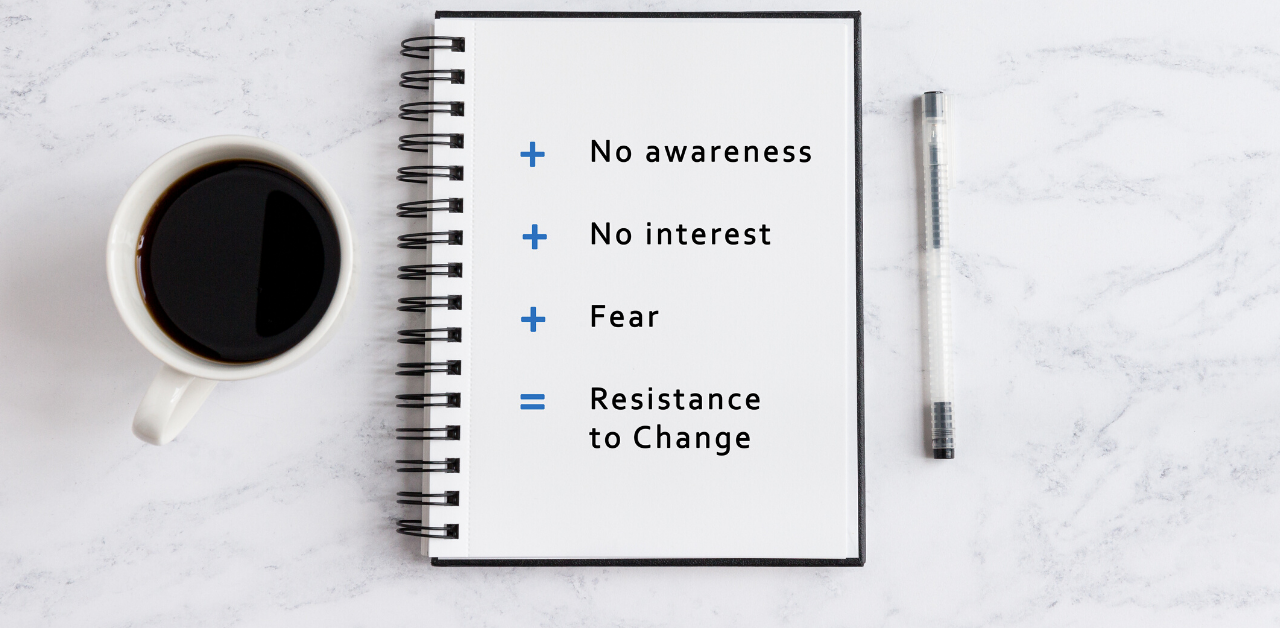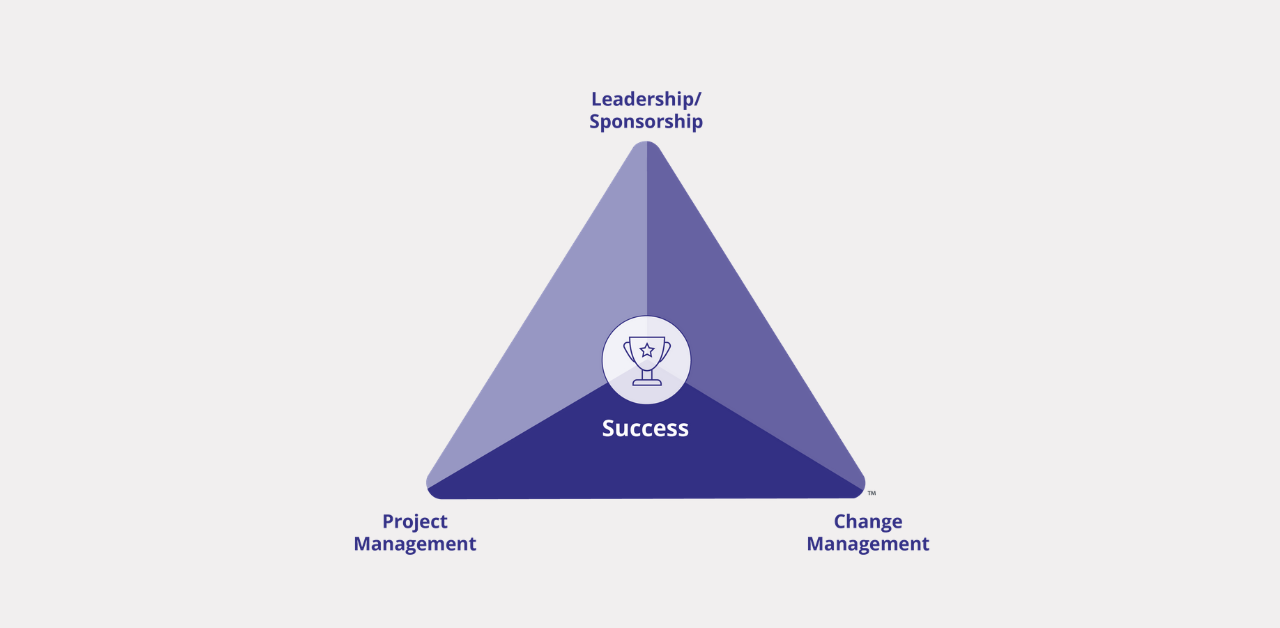During my career I have worked with and worked for many leaders. But no matter who you are, you will always remember those leaders you would follow and who really inspired you to be the best.
So, what makes a great leader? Although a very straightforward question, the answer is not as simple. There have been many books written and conversations had around this topic, and in some cases different leadership types appeal to different types of people.
Some leaders I have had in my career did show some similar characteristics which appealed to my preferred style. Sure, it does help if the people manager has experience in the industry in which they are leading their teams. It does help if they have some experience in leading teams. It does help if they have the relevant technical ability. It also helps to have high levels of IQ and EQ. The characteristics I liked included:
- The ability to create a clear purpose and direction for the organisation
- Clearly, openly and honestly communicate that purpose and vision in a way that is understood by all levels of the organisation
- Make decisions based on input from key team members but take accountability for their decisions
- Building strong teams and growing their team members
- Recognise good work from team members and reward them for good work
The list could go on………….. and the above may resonate with many of you.
For the purposes of this discussion I am going to look at it through the lenses of CHANGE and the role of a people manager during change. Prosci’s research has shown that 63% of projects teams do not equip their people managers with the necessary skills, training and tools needed to lead their teams through change.

www.prosci.com
This is especially difficult, as most often people managers are impacted by the same changes that we are expecting them to lead their teams through. How can we ask them to lead their people through change if they are not ok with the changes impacting them?
Prosci has designed a Change management process for managers and supervisors.
 www.prosci.com
www.prosci.com
It will be the role of the change practitioner to prepare, equip and support the people managers to fulfil their role. They do this by:
- Getting them to understand the changes underway and their role
- Adapt to the changes happening to them
- Develop the competencies for managing change.
Communicator
As a communicator, the people manager builds Awareness of the need for change with their team.
Employees want to receive messages about how a change will affect their work and team directly from the person they report to. An employee's supervisor is the conduit for information about the organisation, the work being done, and changes to that work as a result of projects and initiatives.
Answers to the following questions are best delivered by a person's immediate manager:
- What does change mean to me?
- What's in it for me?
- Why should I get on board?
- Why are we doing this?
The change management team should provide talking points and essential details, but the people manager should deliver the messages and answer questions from their team members
Liaison
As a liaison, people managers influence Reinforcement to sustain the change, People managers engage with and liaise between their employees and the project team, providing information from the team to their direct reports.
Perhaps more importantly, they provide feedback from their employees to the project team. Managers are in the best position to provide design input, usability results and employee comments on particular aspects of the solution to the project team. They are also positioned to identify functionality needs and concerns during the implementation phase of the project.
Advocate
As an advocate, people managers influence Desire to participate and support the change.
Employees look to their immediate supervisors for direct communication messages about a change and to evaluate their level of support for the change effort. If a people manager only passively supports or even resists a change, their direct reports will likely do the same. This means that people managers need to demonstrate their support for change in active and observable ways. But first they must engage with and support the change as employees.
Change practitioners enable this by creating targeted and customised tactics for managing the change with people managers. Once they are well-equipped for the change, people managers can then effectively guide others through their individual change journeys
Resistance Manager
When fulfilling the role of resistance manager, people managers influence an employee’s Desire to participate and support a change, as well as Reinforcement to sustain the change.
To manage resistance, people managers are in the best position to proactively define what resistance looks like for their group, the root causes of such resistance, and unique barriers to change. They can then offer solutions to help impacted people address the barriers. When people managers have the right training and tools, they also manage resistance as it occurs.
Coach
The coach role focuses on developing Knowledge on how to change, as well as Ability to implement desired skills and behaviours.
People managers coach individual employees throughout the change, providing the necessary training, information and support they need to effectively adopt and use the change. During coaching activities, people managers may also address barrier points that inhibit successful change.
Learn more about the roles of people managers during change, along with other change management topics by watching our range of Prosci webinars on demand.
We also offer live webinars which run regularly throughout the year. See what we've got coming up!
Are you a People Manager looking how best to Lead Your Team through Change? Find out more here.
Prosci Singapore (Formerly CMC Partnership Asia) offers private, single-company virtual or face-to-face training and advisory support worldwide. If you're interested in finding out more about how we can work with you- get in touch!


